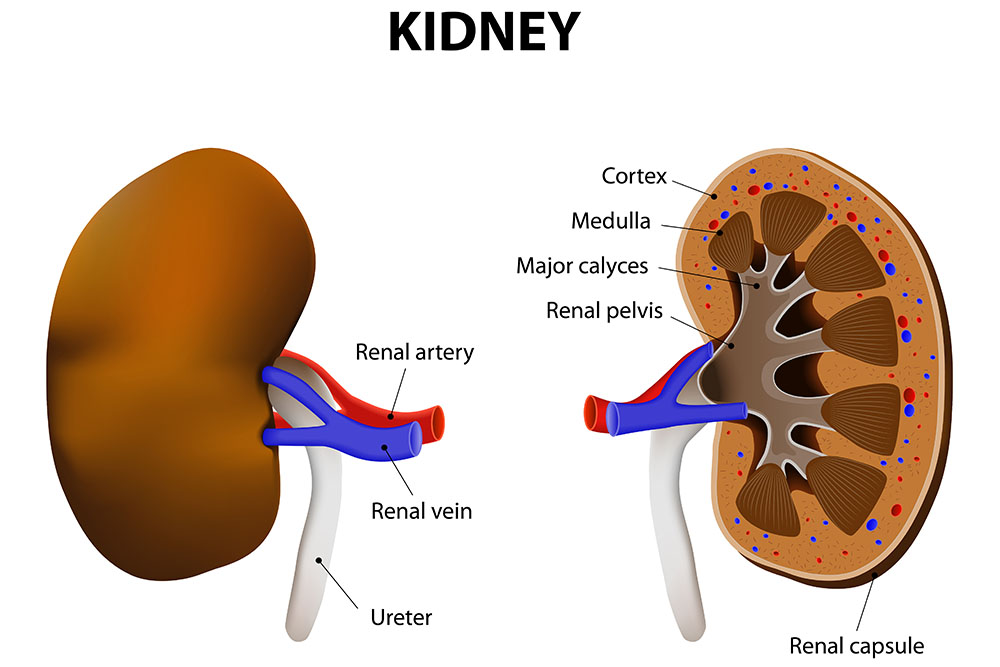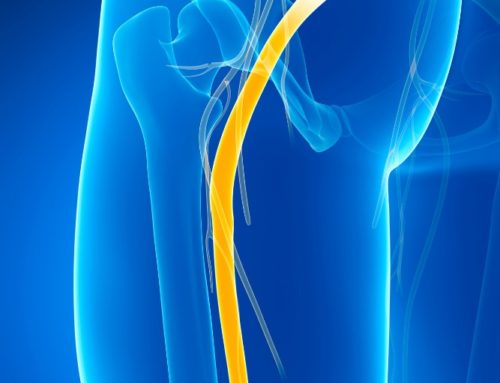Without you even knowing it, every half an hour, your kidneys filter all the blood in your body. They remove waste, toxins and excess fluid to keep you in good health. When the kidneys cannot function properly any longer, this may lead to serious health problems such as heart disease and stroke. This condition is called chronic kidney disease and has different stages spreading across many years, eventually ending up in kidney failure and dialysis. People in the later stages have the highest risk of cardiovascular disease. While there are several physical signs, very few people are able to attribute them to this disease and get diagnosed at a very late stage instead, especially in the elderly as symptoms can be hidden by other co-morbidities. Well, is there any way to detect the early signs of kidney disease and prolong the life of your kidneys then?

Early Signs of Kidney Disease
While the only way to know for sure is to get your blood and urine tested, here are some of the early symptoms which could help you detect kidney disease:
- Dizziness and fatigue
One of the first signs of kidney disease could be that you feel unusually weak or dizzy, due to a build-up of toxins in your blood.
- Loss of appetite
This build-up of toxins may also lead to you feeling too full or too tired to eat. You may even lose weight because of this.
- Swelling in your hands, legs, feet, or puffiness around the eyes
Likewise, the excess fluid and sodium may lead to edema in your lower extremities or even your eyes.
- Changes in how your urine looks
Traces of blood or your urine becoming foamy can be signs of kidney damage.
If you experience one or more signs of kidney disease, it is best to consult your general practitioner to be on the safe side, even though this may be due to other reasons.
Additionally, if you are in one of the situations below, you should get tested annually for kidney disease:
- you are older than age 60
- you have a history of kidney failure in your family
- you have high blood pressure or diabetes
How long can you have kidney problems without knowing?
Unfortunately, kidney problems are very common in the United States. According to data from the Center for Disease Control and Prevention, around 37 million US adults have chronic kidney disorders, although as much as 40% of people with severely reduced kidney function do not know about it.
People can live with kidney issues for years before realizing they have them, as serious symptoms tend to develop at very late stages. It is therefore crucial to be able to identify early signs and consult your practitioner: the earlier kidney disease is detected, the more beneficial your treatment will be. Let’s not wait to get to the point of dialysis!
For more information about chronic kidney disease:
https://www.cdc.gov/kidneydisease/publications-resources/ckd-national-facts.html
https://www.niddk.nih.gov/health-information/health-statistics/kidney-disease
This content comprises informative and educational resources only and can not be considered as a substitute for professional health or medical guidance. Reliance on any information provided in this article is solely at your own risk. If you have any inquiries or apprehensions about your medical condition or health goals, talk with a licensed physician or healthcare provider.






Leave A Comment